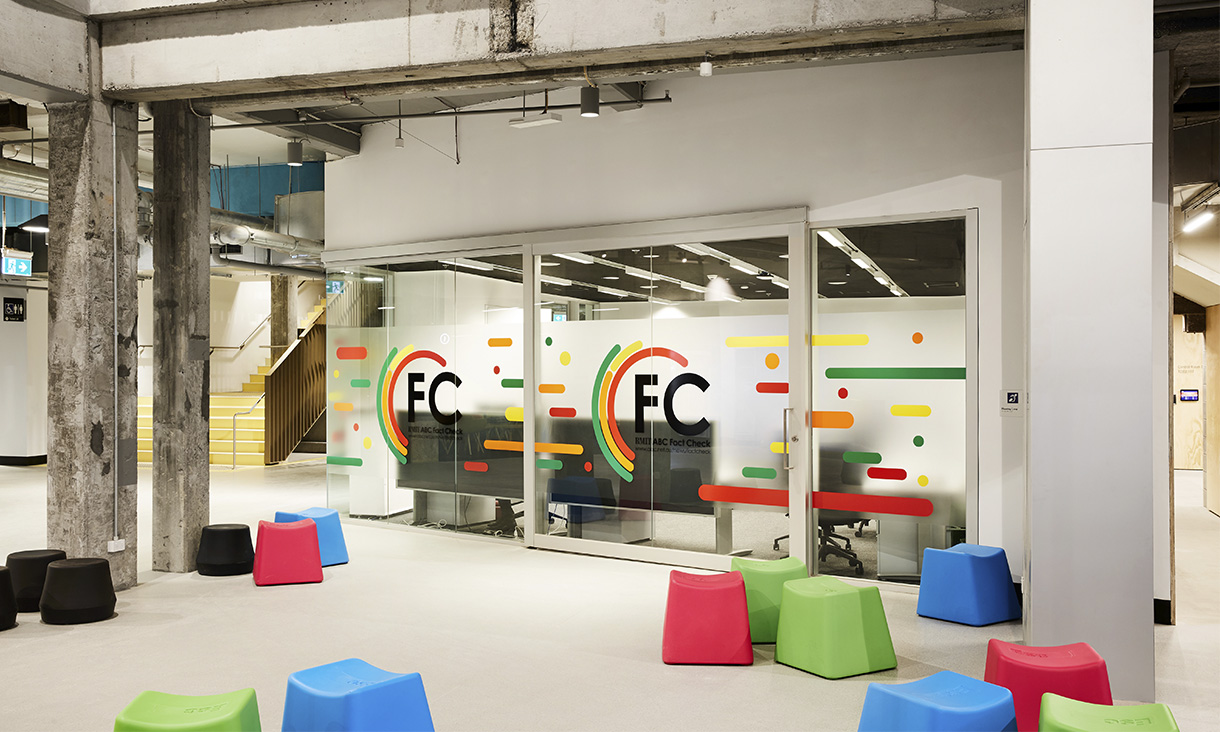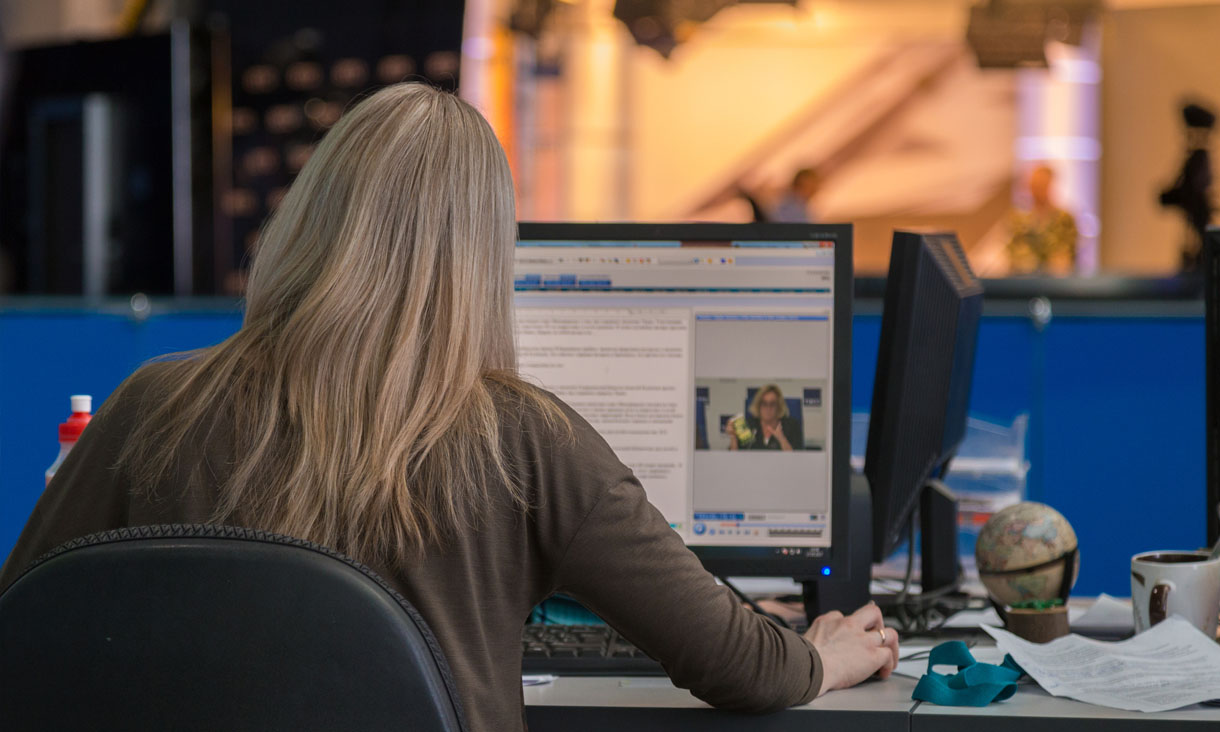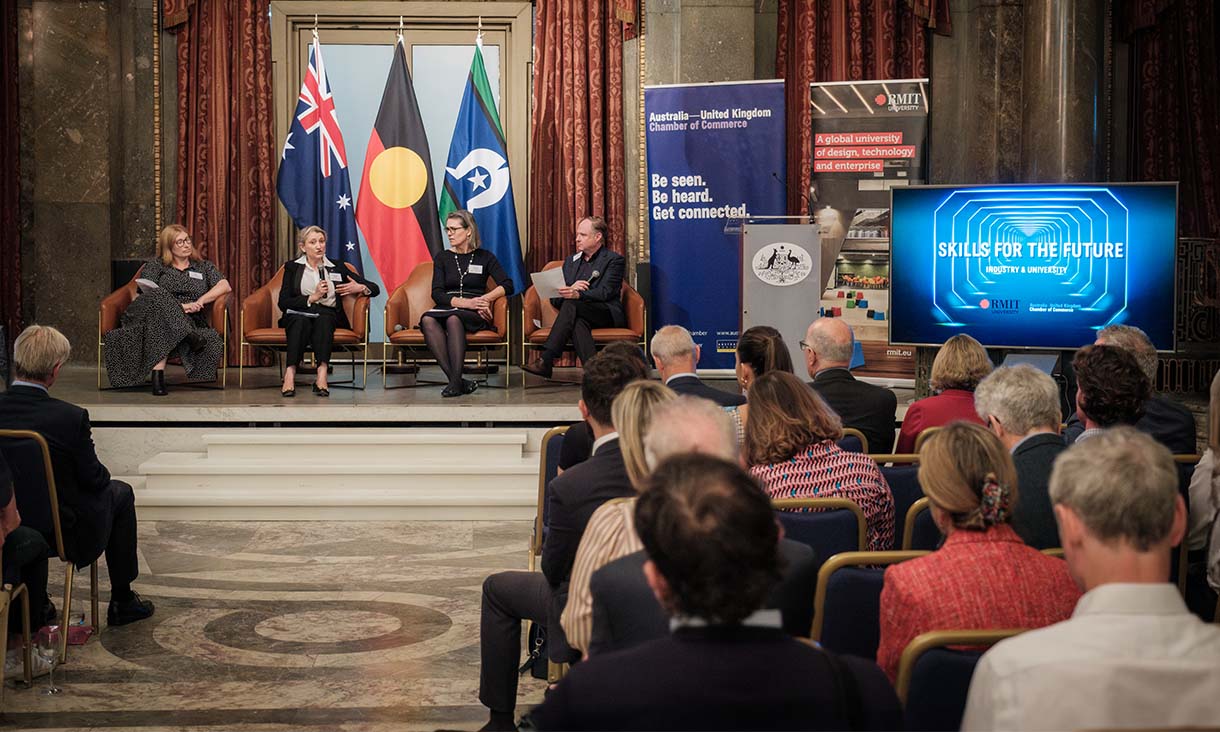Spotting photoshopped images and fake social media accounts and using Google Earth verification are among the skills Bachelor of Communication (Journalism) students will learn from next year.
The dedicated subject will be compulsory for first-year journalism students and is the first of its kind offered by an Australian university.
RMIT Journalism Lecturer Gordon Farrer said the subject was about teaching students to think like a detective.
“Journalists need to think like they are an investigator, not just a journalist who's just gathering information and putting it together,” he said.
“This subject aims to teach practical critical analysis skills needed to sort fact from fiction, opinion from reliable reporting.”
But it’s not just journalism students who will benefit from learning these skills – a micro-credential on fact checking and verification will also be offered free to all RMIT students on the RMIT Creds platform.
Developed by RMIT ABC Fact Check chief of staff and former opinion editor at The Age Sushi Das, the 90-minute online course aims to teach basic fact checking skills to help students identify fake news and adulterated photos and videos.
The new offerings come as the internationally-accredited RMIT ABC Fact Check unit celebrates 18 months since its first fact check was published under the unique partnership.
Dean of the School of Media and Communication Professor Lisa French said it was a fitting time to increase the University’s fact checking and verification training.
“Media and Communication students are often attracted to RMIT for its strong industry links and our journalism course is a shining and well-known example of this,” she said.
“Just as the media is changing, so too is our journalism offering. The digital age presents opportunities for verifying facts that were not there before, and our partnership with RMIT ABC Fact Check, and our development of courses in the area, have come at exactly the right time.
“We know these critical analysis skills are in demand across a range of industries, so we’ve extended the opportunity to learn them to all RMIT students via our new micro-credential.”
RMIT ABC Fact Check Director Russell Skelton said the unit had produced more than 110 fact checks since RMIT and the ABC joined forces, totalling about 4.5 million views online.
“Thanks to the partnership, the Fact Check unit is bigger and better – richer in resources with the serious backing of our experienced and skilful team,” he said.
“RMIT has made sure we have the resources to do the job and the ABC has given us the platforms in which to disseminate our content.”




